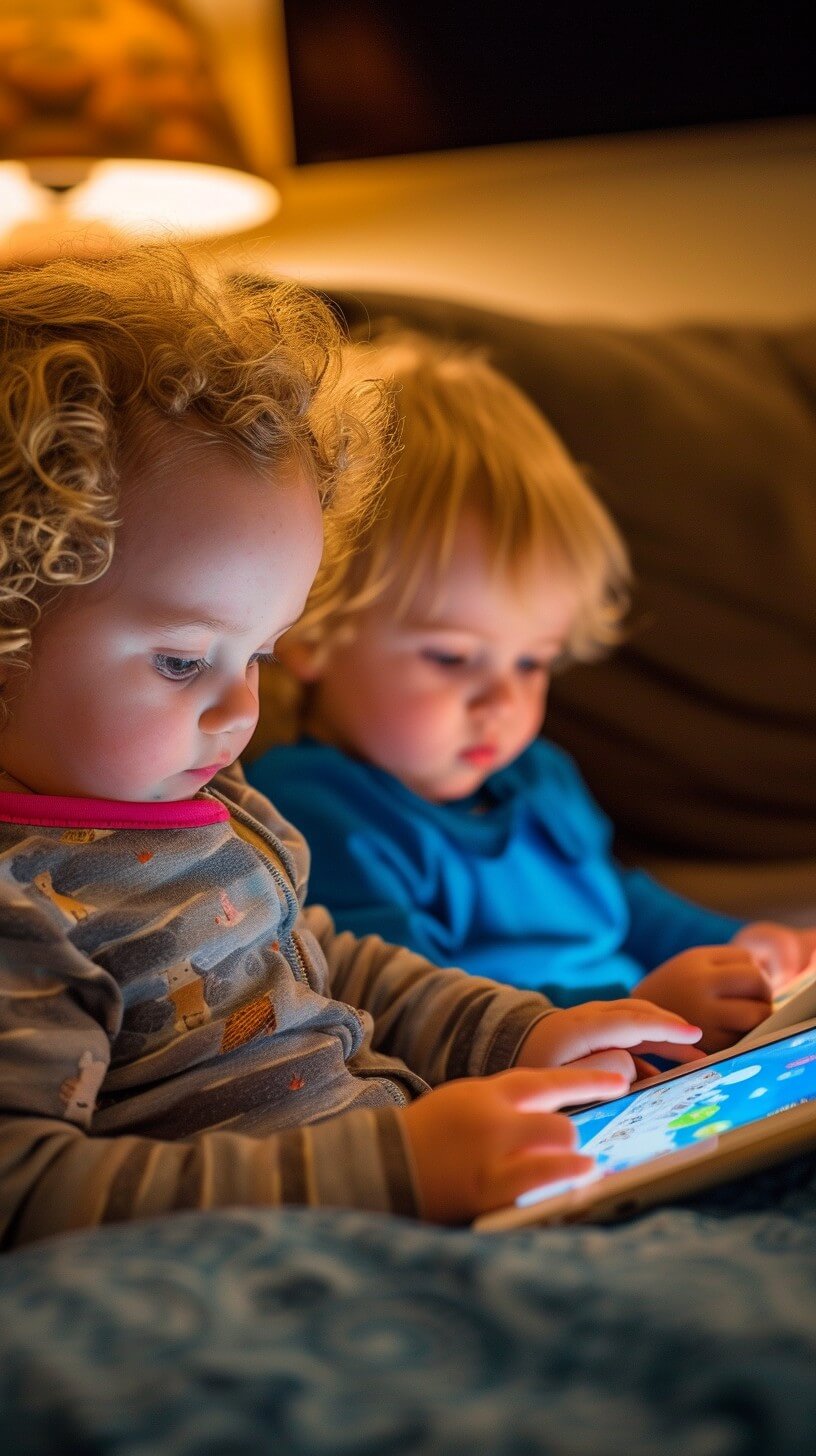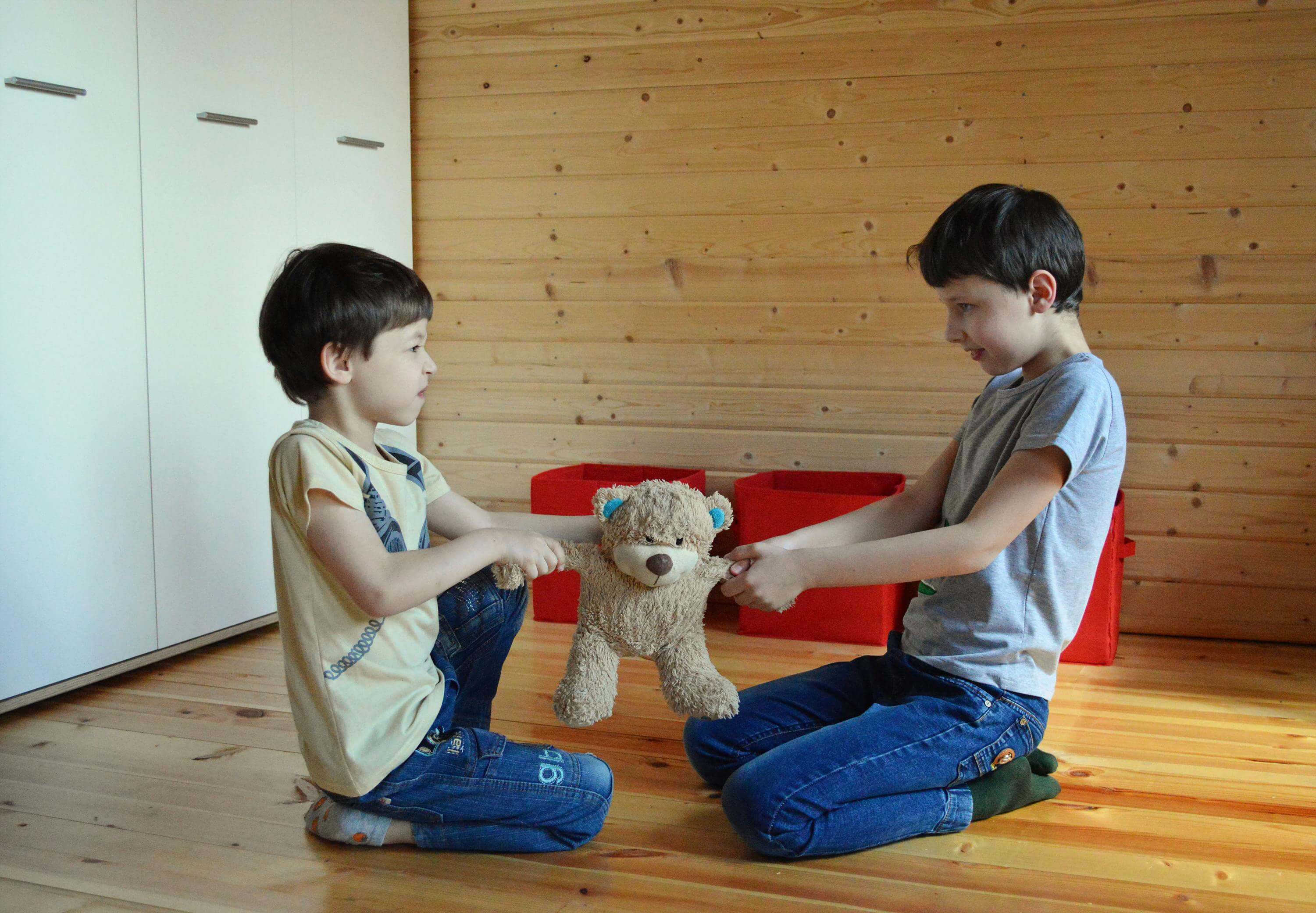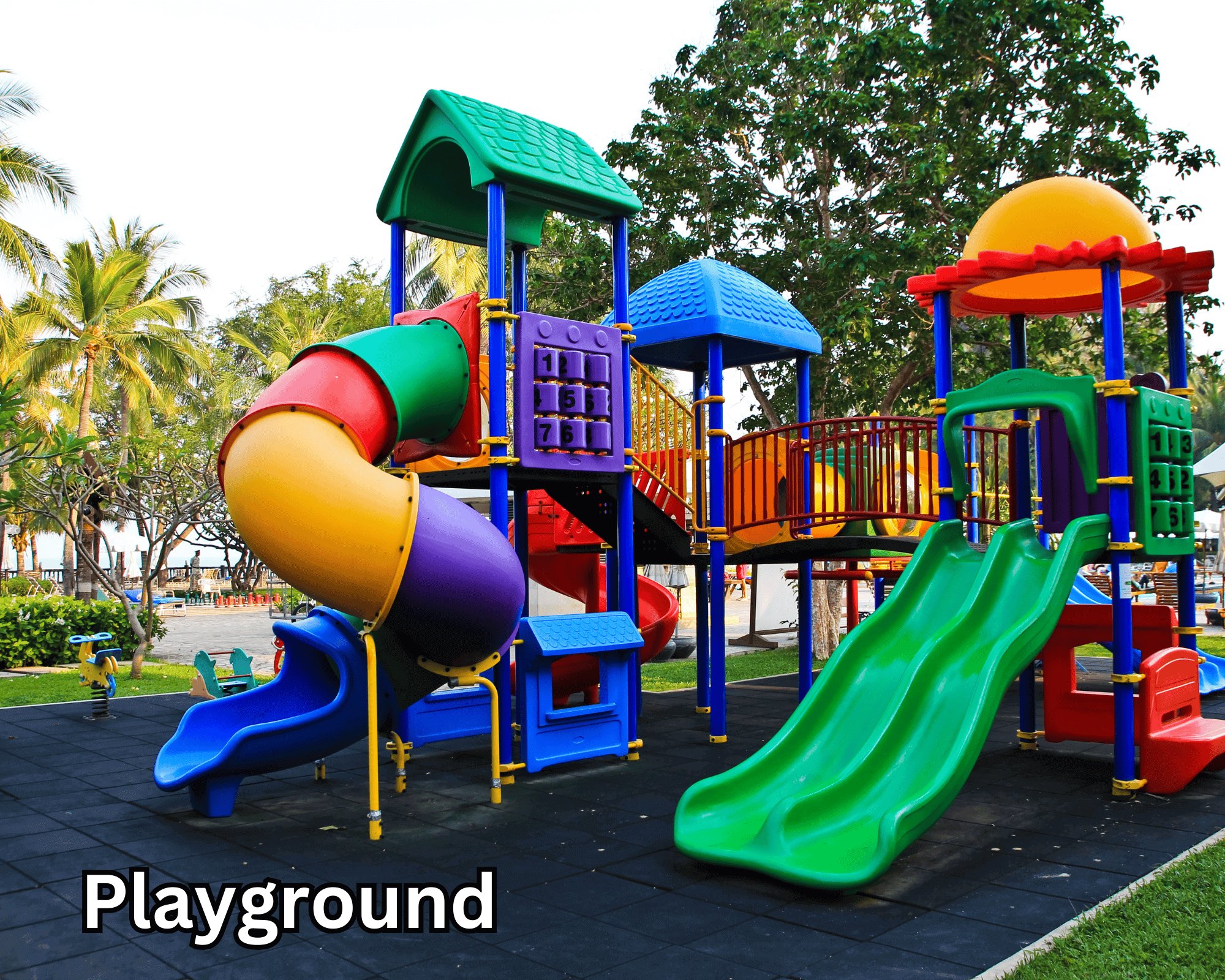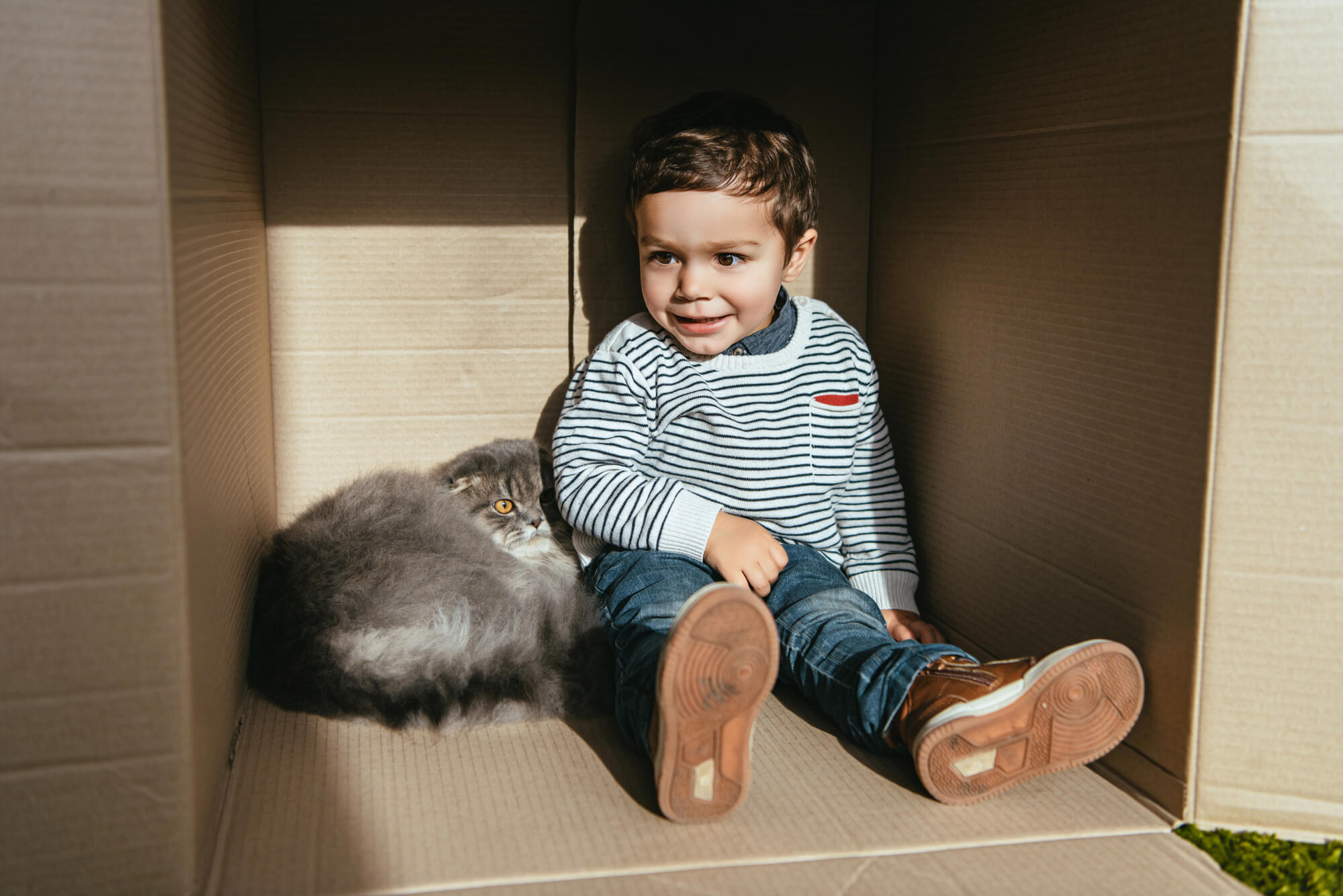For Parents with Young Children
Parents with young children is an adventure filled with joy, love and laughter, but there will also be some unexpected behaviours included among all the good times.
 Young boy holding his puppy with flowers in the background.
Young boy holding his puppy with flowers in the background.Knowing the reasons for these unexpected behaviours can influence how you react.
I will offer some practical advice on how to deal with the following issues with affection and patience.
It's up to you to take whatever advice you choose.
Coping with Separation Anxiety
What’s Happening: It's pretty normal for young kids to feel a bit worried when they're not with their parents.
How to Deal:
Practice Short Breaks Apart: Begin by spending short amounts of time away from each other and gradually increase that time.
Establish a Goodbye Routine: Having a consistent goodbye routine can offer comfort. Tell them that you'll give them a hug and then wave goodbye at the door.
Stay Positive: Show your child positivity before leaving. Be sure to let them know that you’ll be back before they know it and then you can have a great time together.
Comfort Item: Having their favourite toy or blankey with them will bring your child some comfort.
Parents with Young Children who have Short Attention Spans
What’s Happening: It's common for young kids to have short attention spans, moving swiftly from one activity to the next.
How to Deal:
Offer Variety: Provide a variety of activities that will keep them interested.
Short Activities: Plan for short activities that are varied and will match their individual attention span.
Be Patient: Know that their attention span will develop over time as they grow.
Interactive Play: They need to participate in activities in which they can actively take part, such as building blocks or puzzles.
 A young boy in deep thought.
A young boy in deep thought.Temper Tantrums
What’s Happening: Tantrums are a rush of emotions for your child and in most situations they are triggered by tiredness, hunger or frustration.
How to Deal:
Stay Calm: Take deep breaths and try to stay calm. If your calm they will likely also be calm, if you react, they will continue their tantrum.
Acknowledge their Feelings: Let your child know you empathize with their feelings.
"I see you’re really upset because you can’t have that toy now.”
Set Boundaries: Clearly communicate what behaviour is acceptable. "It’s okay to be angry, but it’s not okay to hit.”
Offer them Comfort: Something as simple as a hug can make your child feel safe and loved.
Redirect their Attention: Introduce a different activity or toy to shift their focus from the source of frustration.
When Kids Show Defiance
What’s Happening: Parents with young children will sometimes hear their child say "no" or refuse to follow instructions as a way to argue their independence.
How to Deal:
Offer Choices: Allow them to feel like they are in control by letting them make choices.
Eg. “Would you like to wear the red shirt or the blue shirt?”
Be Consistent: Stick to consistent rules and be sure to follow through with consequences.
Positive Reinforcement: Encourage positive behaviour by praising actions like picking up toys.
Say to them, “Thank you for picking up your toys, that really helped.”
Stay Calm, Be Firm: Avoid power struggles, just remain as calm as possible and repeat your request
Curiosity and Exploration
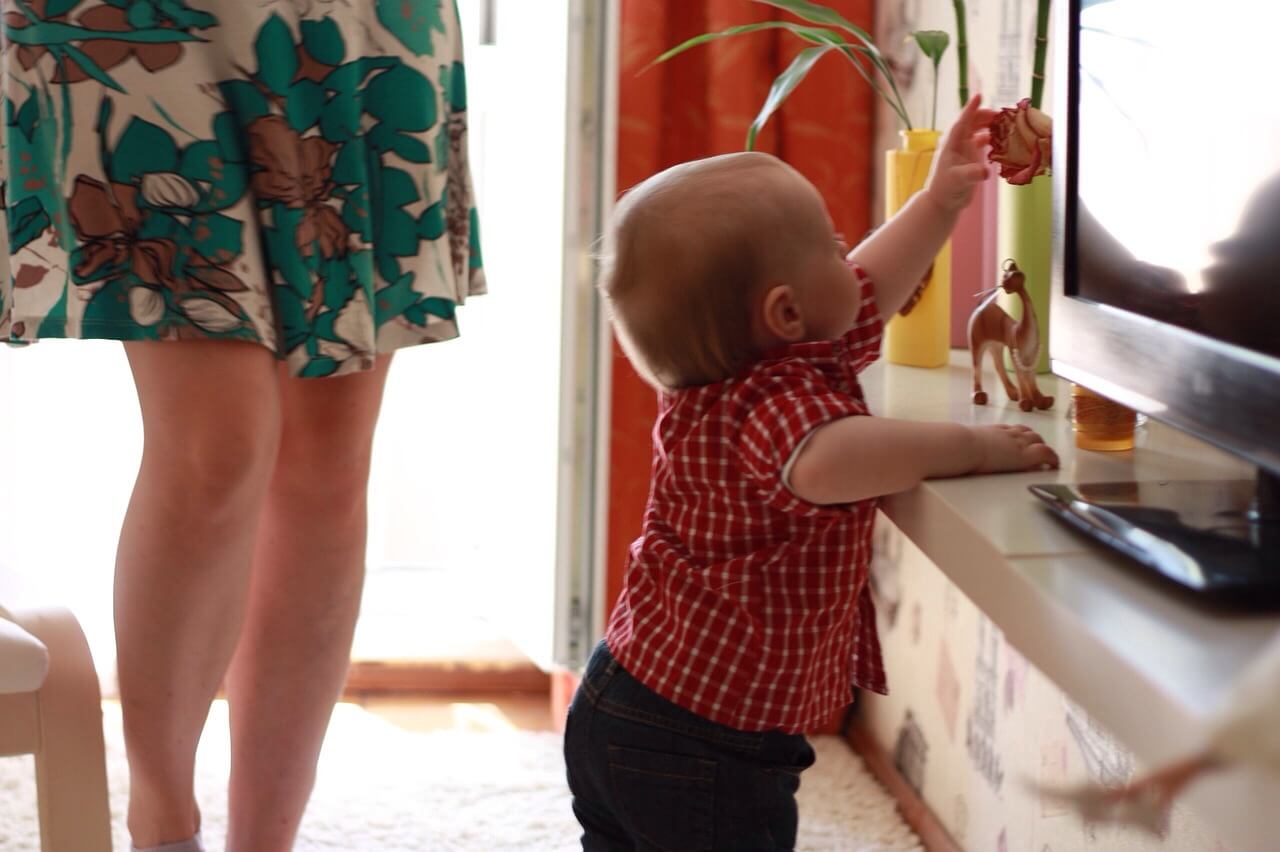 Mom is standing behind a baby who is reaching for a flower that is on the TV stand and beside the TV.
Mom is standing behind a baby who is reaching for a flower that is on the TV stand and beside the TV.What’s Happening: It's common for parents with young children to experience their child being naturally curious and exploring their surroundings.
How to Deal:
Make Your Home Childproof Friendly: Ensure that your home is a safe environment for your child to explore.
Keep a Close Watch: Always supervise your child closely while they are exploring.
Encourage Exploration: Offer opportunities for safe exploration, such as a sandbox or sensory play activities.
Establish Limits: Show your child which areas are off limits and explain the reasons behind it.
Dealing with Aggression
What’s Happening: Acting out by hitting, biting or throwing things is often how kids express their anger or frustration.
How to Deal:
Set Clear Limits: Be clear to your child about what behaviour is not acceptable.
Eg. “No hitting. Hitting hurts.”
Teach Alternatives: Show them different and better ways to deal with their emotions such as using their words.
Model Calm Behaviour: Lead by example by showing them how to deal with their frustrations calmly.
Remove them from the Situation: If the aggression goes on, remove your child from the situation until they have calmed down.
Parents with Young Children Imitating Adults
What's Happening: Children often learn by imitating the behaviors of the adults in their lives.
How to Deal:
Lead by Example: Behave in the way that you want your child to.
Explain Your Actions: Help them understand why you do certain things. For example, "I'm washing my hands to remove germs."
Encourage Positive Imitation: When they copy good behaviour, praise them "Well done brushing your teeth like Mommy!"
Fears and Phobias
 Young girl has her fingers up to her mouth, eyes wide open and is looking terrified about something.
Young girl has her fingers up to her mouth, eyes wide open and is looking terrified about something.What's Happening: Young children may experience fears of things like being afraid of the dark, loud noises or strangers.
How to Deal:
Acknowledge Their Fear: Let them know that it's normal to feel scared sometimes. "I understand that the dark can be frightening."
Provide Reassurance: Offer comfort and stay close by for support.
Establish a Safe Environment: Ensure their surroundings are safe and comforting.
Gradual Exposure: Introduce them slowly to their fear in a gentle manner. "Let's explore the dark room together with a flashlight”.
An Example of My Daughters Fear:
Be sure to try and gradually expose them to their fear when they are young, because it gets harder as they get older.
My youngest is quite terrified of spiders, always has been. She is now 24 yrs. old and still jumps on the bed until someone comes to her rescue or it just goes away.
I’ve tried to get her to face her fear of spiders, but she just mutters things under her breath or says things like, "I don’t want to" or "no ________way! You fill in the blanks. It's kinda hard to tell them what they should or shouldn't do at this age.
Expressing Emotions
What’s Happening: Children don’t know how to express their emotions when their young, heck, in the beginning most kids don’t even know what an emotion is, this can sometimes be overwhelming for them.
How to Deal:
Teach Using Words: Help them to give their feelings words, eg. "You seem sad because your toy is broken."
Acknowledge Emotions: Let them know that it's normal to feel a certain way. "It's okay to feel mad. Let's discuss it."
Educate them in Emotional Expression: Show appropriate ways for them to express their feelings. "When you're upset, taking deep breaths can help."
Clinginess
 Daughter is pressing 2 balloons to dads chest while clinging to him. Both are smiling and Dad has his chin on top balloon.
Daughter is pressing 2 balloons to dads chest while clinging to him. Both are smiling and Dad has his chin on top balloon.What’s Happening: Sometimes kids become clingy for no apparent reason, they just decide that they want to stay close to you at all times.
How to Deal:
Provide Reassurance: Give them lots of love and comfort.
Encourage Gradual Independence: Have them play independently for short periods of time.
Establish Routine and Predictability: Consistent routines can help them to feel a sense of security.
Be Patient: This is normal and over time it will pass.
Remember that all of your children are unique, what works for one may not work for another.
However, as parents with young children you must remain consistent and firm with them. Do not confuse them.
Celebrate their achievements and cherish the journey of seeing your child develop and learn.
Remember, you’re not alone in this—every parent faces difficulties along the way, and it's all part of the wonderful adventure of raising kids.

